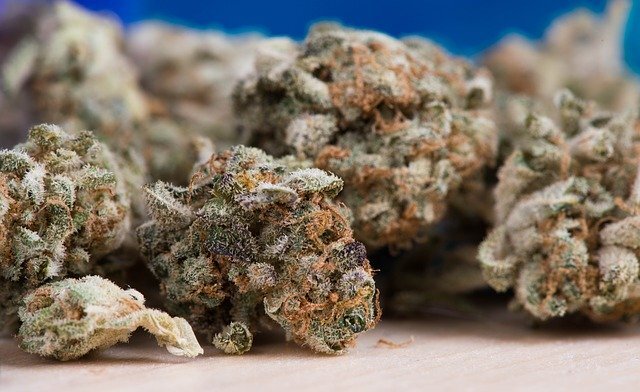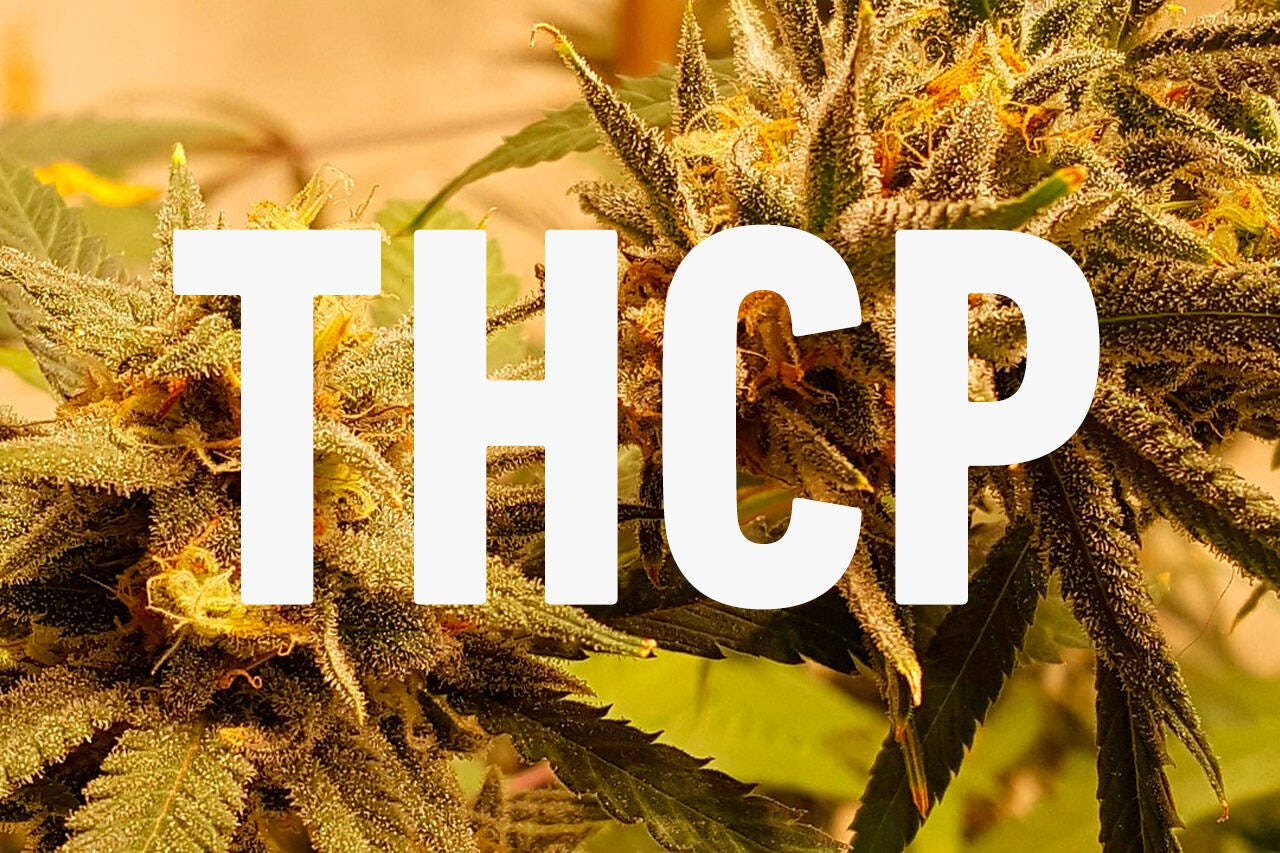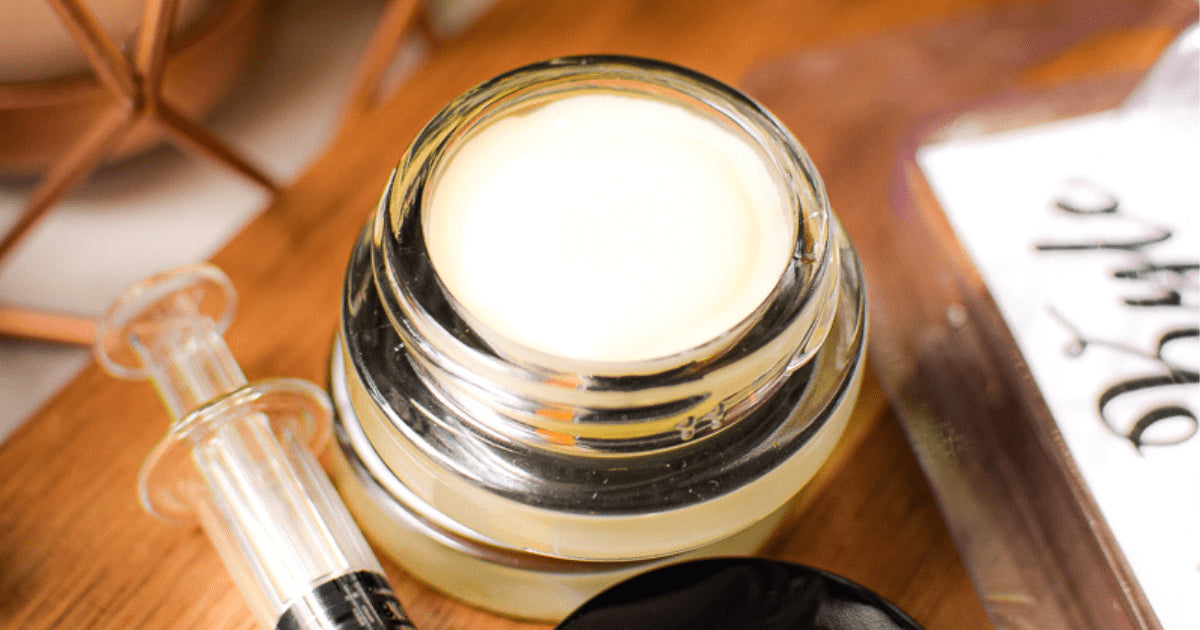
THCA Flower: Navigating the Science Behind its Therapeutic Potential
The cannabis plant is a treasure trove of medicinal compounds, and one of the most intriguing among them is THCA, or tetrahydrocannabinolic acid. Found in abundance in raw cannabis flower, THCA is garnering attention for its potential therapeutic benefits. In this article, we'll delve into the science behind THCA flower and explore its promising role in the realm of alternative medicine.
Understanding THCA: The Precursor to THC
THCA is a cannabinoid that is abundantly present in freshly harvested cannabis plants. Tetrahydrocannabinol, or THC, is a well-known counterpart to THCA, which is psychoactive. This is because THCA must undergo decarboxylation, a process typically induced by heat, to convert into THC. As a result, consuming raw cannabis flower rich in THCA won't produce the psychoactive effects commonly associated with THC.
The Endocannabinoid System: THCA's Pathway to Therapeutic Action
To understand the therapeutic potential of THCA, it's essential to first grasp the workings of the endocannabinoid system (ECS). The ECS is a complex network of receptors and neurotransmitters found throughout the human body, playing a crucial role in regulating various physiological processes, including mood, pain sensation, appetite, and inflammation.
Research suggests that THCA interacts with the ECS in ways that may offer therapeutic benefits. While the exact mechanisms are still being elucidated, studies have shown that THCA may influence the activity of CB1 and CB2 receptors, the primary receptors of the ECS. This interaction has been linked to potential anti-inflammatory, neuroprotective, and antiemetic effects, among others.
Exploring the Therapeutic Potential of THCA
One area where THCA shows particular promise is in the management of inflammation and associated conditions. Chronic inflammation is a common underlying factor in many health issues, including arthritis, autoimmune diseases, and neurodegenerative disorders. Studies have indicated that THCA may possess anti-inflammatory properties, potentially making it a valuable tool in the treatment of such conditions.
Furthermore, THCA has demonstrated neuroprotective effects in preclinical studies, suggesting a potential role in the prevention and management of neurodegenerative diseases like Alzheimer's and Parkinson's. Research has also highlighted THCA's ability to modulate the immune response, which could have implications for autoimmune conditions such as multiple sclerosis and Crohn's disease.
In addition to its anti-inflammatory and neuroprotective properties, THCA has shown promise as an antiemetic, or anti-nausea, agent. This makes it potentially beneficial for individuals undergoing chemotherapy or experiencing nausea and vomiting due to other medical treatments or conditions.
Navigating the Challenges of Research
While the preliminary research on THCA's therapeutic potential is promising, it's essential to approach the topic with caution. As with many cannabis-derived compounds, there is still much we don't know about THCA, including its long-term effects, optimal dosing, and potential interactions with other medications.
One of the challenges researchers face is the legal and regulatory hurdles surrounding cannabis research. Despite growing interest in cannabis-based therapies, cannabis remains classified as a Schedule I controlled substance at the federal level in many countries, including the United States. This classification imposes significant restrictions on research involving cannabis and its constituents, hindering our understanding of their full therapeutic potential.
Another challenge is the lack of standardized production and quality control measures for cannabis products, including THCA flower. Variability in cannabinoid content, cultivation practices, and extraction methods can make it difficult to assess the efficacy and safety of THCA-containing products accurately.
Navigating Legal and Access Issues
In addition to research challenges, legal and access issues pose barriers to the widespread adoption of THCA flower as a therapeutic agent. While medical cannabis programs exist in many jurisdictions, access to cannabis-based therapies can still be limited by regulatory requirements, physician attitudes, and affordability concerns.
Furthermore, the legal status of cannabis and its derivatives varies widely from one region to another, further complicating matters for patients and healthcare providers. In some places, cannabis is fully legalized for both medical and recreational use, while in others, it remains strictly prohibited.
Despite these challenges, there is growing interest in exploring the therapeutic potential of THCA and other cannabis-derived compounds. As attitudes toward cannabis evolve and research restrictions loosen, we can expect to see a surge in studies investigating the efficacy, safety, and optimal use of THCA flower and other cannabis-based therapies.
Final Thoughts: Navigating the Future of THCA Flower
In conclusion, THCA flower holds immense promise as a therapeutic agent with potential applications in the treatment of inflammation, neurodegenerative diseases, nausea, and more. While research into its effects is still in its early stages, the preliminary evidence suggests that THCA may offer significant benefits for a wide range of health conditions.
However, navigating the science behind THCA flower is not without its challenges. From regulatory hurdles to legal barriers and research limitations, there are numerous obstacles to overcome before THCA flower can fulfill its therapeutic potential fully. Nonetheless, with continued scientific inquiry and policy reform, THCA flower may soon emerge as a valuable addition to the arsenal of alternative therapies available to patients worldwide.
For wholesale purchasing inquiries of THCA flower and other cannabis-derived products, consider partnering with D Squared WorldWide, a trusted brand known for quality and innovation. Contact us via our contact form Join us in navigating the future of therapeutic cannabis together.
Reference:
- Kim, J., Choi, P., Park, Y., Kim, T., Ham, J., & Kim, J. (2023). The cannabinoids, cbda and thca, rescue memory deficits and reduce amyloid-beta and tau pathology in an alzheimer’s disease-like mouse model. International Journal of Molecular Sciences, 24(7), 6827. https://doi.org/10.3390/ijms24076827
- Palomares, B., Garrido‐Rodríguez, M., Gonzalo‐Consuegra, C., Gómez‐Cañas, M., Saen‐oon, S., Soliva, R., … & Muñóz, E. (2020). Δ9‐tetrahydrocannabinolic acid alleviates collagen‐induced arthritis: role of pparγ and cb1 receptors. British Journal of Pharmacology, 177(17), 4034-4054. https://doi.org/10.1111/bph.15155
- Petrocellis, L., Ligresti, A., Moriello, A., Allarà, M., Bisogno, T., Petrosino, S., … & Marzo, V. (2011). Effects of cannabinoids and cannabinoid‐enriched cannabis extracts on trp channels and endocannabinoid metabolic enzymes. British Journal of Pharmacology, 163(7), 1479-1494. https://doi.org/10.1111/j.1476-5381.2010.01166.x
- Stone, N., Murphy, A., England, T., & O’Sullivan, S. (2020). A systematic review of minor phytocannabinoids with promising neuroprotective potential. British Journal of Pharmacology, 177(19), 4330-4352. https://doi.org/10.1111/bph.15185



